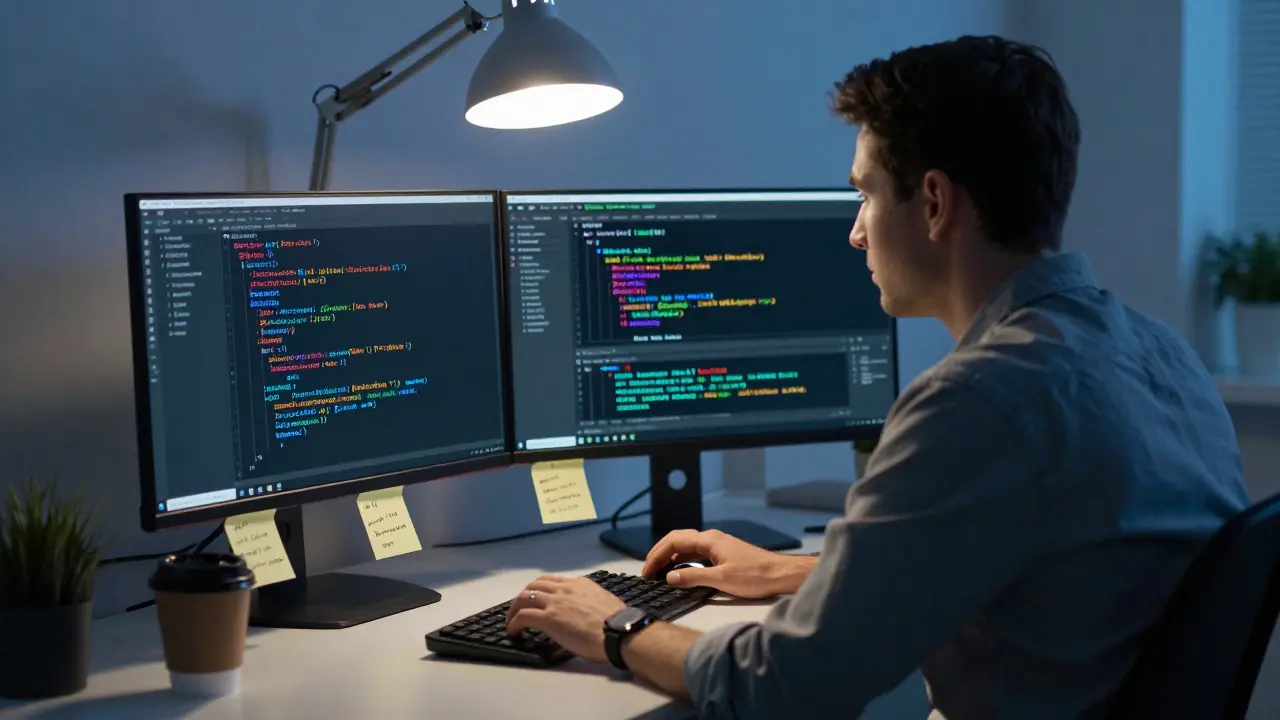Debugging Tools: Master Your Code and Solve Bugs Fast
Running into bugs is part of coding, but the real skill is handling them effectively with the right debugging tools. If you’ve ever spent hours hunting down a tiny mistake, then you know how crucial a good debugging setup is. It’s not just about fixing errors—it’s about understanding your code better and writing cleaner programs.
Debugging tools help you spot where things go wrong without losing your mind. For example, many developers use interactive debuggers that let you pause code at certain points, check variable values, and trace the flow step-by-step. This hands-on approach saves time compared to guesswork or just printing values. Tools like Visual Studio Code’s debugger or PyCharm’s built-in tools are great starting points.
Common Debugging Techniques You Need to Know
Beyond tools, mastering techniques can level up your ability to fix bugs. One popular method is "rubber duck debugging"—explaining your code line by line out loud or to an object. This often highlights mistakes you overlooked. Also, narrowing down the problem by isolating code blocks helps you find the exact spot where things break.
Logging is another staple. Instead of randomly guessing what's wrong, insert log messages throughout your code to track what runs and in what order. This way, when something crashes, you see what happened just before it. Just be careful not to clutter your program with too many logs—it can get messy fast.
How to Choose the Right Debugging Tools for You
Different projects need different tools. Web developers might prefer browser developer consoles with live debugging, while software engineers working on large apps rely on advanced IDEs that offer breakpoint management and memory inspections. Try out a few tools to see which interface and features suit your workflow best.
Remember, debugging isn’t a one-size-fits-all skill or tool. Combining solid techniques with tools designed for your programming world makes chasing down bugs faster and less painful. The more you practice, the more you’ll find debugging feels less like a chore and more like a puzzle to solve. Start using debugging tools today, and you’ll make your coding life a whole lot easier.

- Jan 13, 2026
- Alaric Stroud
- 0 Comments
Code Debugging: A Developer’s Guide to Finding and Fixing Bugs Fast
Learn how to debug code like a pro - not by guessing, but by using proven methods, tools, and mindset shifts that turn frustrating bugs into quick fixes.

- Jun 18, 2024
- Andrew Harper
- 0 Comments
Enhancing Software Performance through Effective Code Debugging
Code debugging plays a crucial role in optimizing software performance by identifying and correcting errors. This article explores the importance of debugging, common techniques, tools available, practical tips, and the benefits of maintaining clean code. These insights aim to help developers boost software efficiency and reliability.

- Mar 21, 2024
- Alaric Stroud
- 0 Comments
Mastering Code Debugging: Essential Techniques for Programmers
Code debugging is a crucial phase in the software development process, ensuring that applications run smoothly and efficiently. This article dives deep into the strategies and tools every programmer must know to effectively debug code. From understanding common errors to leveraging powerful debugging tools, readers will gain insights into creating error-free applications. With practical tips and a focus on problem-solving, this guide is an invaluable resource for developers at any level.
